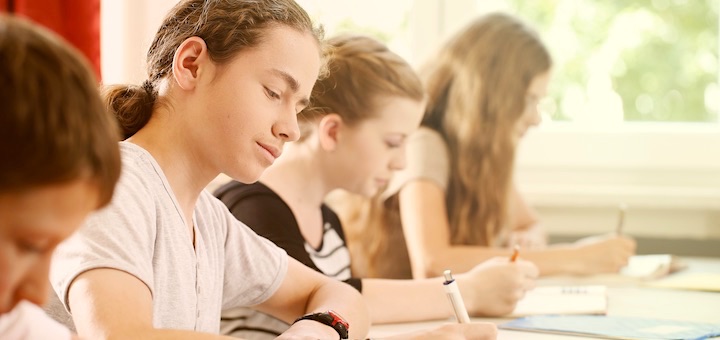Writing: Let ChatGPT Create Your Exemplars
What if you could concentrate more on lesson development and spend less time creating exemplars (and non-exemplars) to use in writing instruction? Literacy consultant Sarah Tantillo shows how you can ask AI chatbots such as ChatGPT to do just that, step by step.



























